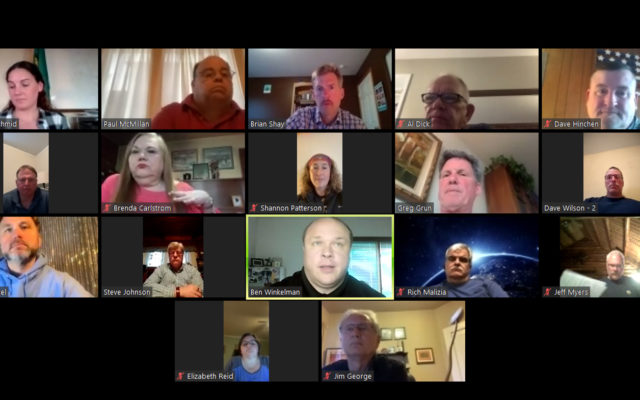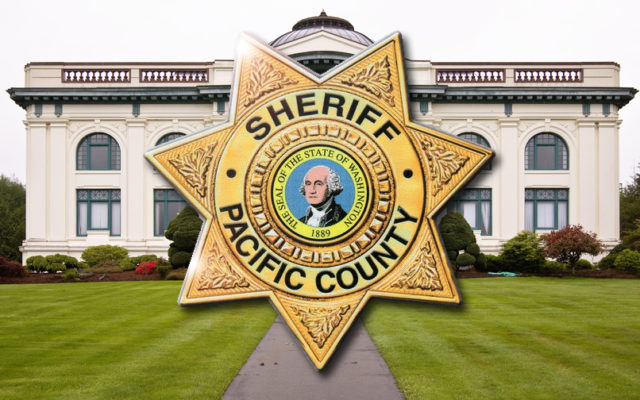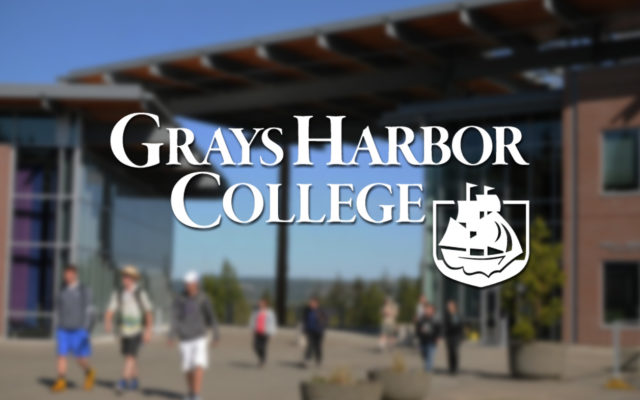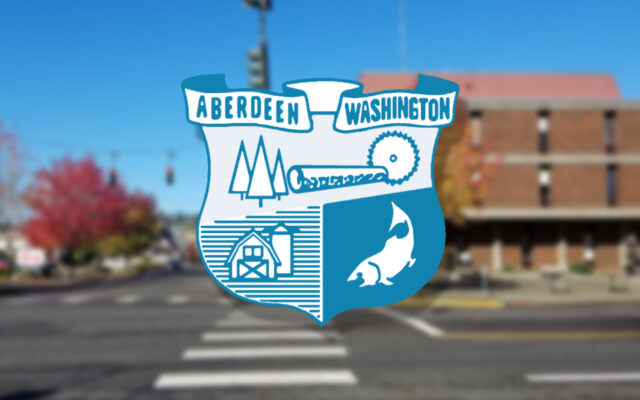(1) A transportation benefit district is a quasi-municipal corporation, an independent taxing “authority” within the meaning of Article VII, section 1 of the state Constitution, and a “taxing district” within the meaning of Article VII, section 2 of the state Constitution.
(2) A transportation benefit district constitutes a body corporate and possesses all the usual powers of a corporation for public purposes as well as all other powers that may now or hereafter be specifically conferred by statute, including, but not limited to, the authority to hire employees, staff, and services, to enter into contracts, to acquire, hold, and dispose of real and personal property, and to sue and be sued. Public works contract limits applicable to the jurisdiction that established the district apply to the district.
(3) To carry out the purposes of this chapter, and subject to the provisions of RCW
36.73.065, a district is authorized to impose the following taxes, fees, charges, and tolls:
(a) A sales and use tax in accordance with RCW
82.14.0455;
(b) A vehicle fee in accordance with *RCW
82.80.140;
(c) A fee or charge in accordance with RCW
36.73.120. However, if a county or city within the district area is levying a fee or charge for a transportation improvement, the fee or charge shall be credited against the amount of the fee or charge imposed by the district. Developments consisting of less than twenty residences are exempt from the fee or charge under RCW
36.73.120; and
(d) Vehicle tolls on state routes, city streets, or county roads, within the boundaries of the district, unless otherwise prohibited by law. However, consistent with RCW
47.56.820, the vehicle toll must first be authorized by the legislature if the toll is imposed on a state route. The department of transportation shall administer the collection of vehicle tolls authorized on state routes, unless otherwise specified in law or by contract, and the state transportation commission, or its successor, may approve, set, and impose the tolls in amounts sufficient to implement the district’s transportation improvement finance plan. The district shall administer the collection of vehicle tolls authorized on city streets or county roads, and shall set and impose the tolls in amounts sufficient to implement the district’s transportation improvement plan. However, consistent with RCW
47.56.850, the vehicle toll, including any change in an existing toll rate, must first be reviewed and approved by the tolling authority designated in RCW
47.56.850 if the toll, or change in toll rate, would have a significant impact, as determined by the tolling authority, on the operation of any state facility.




